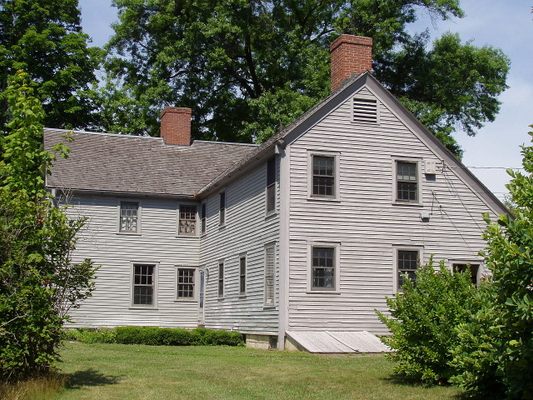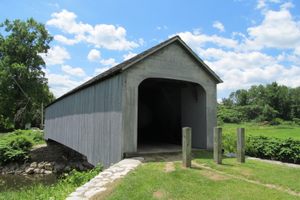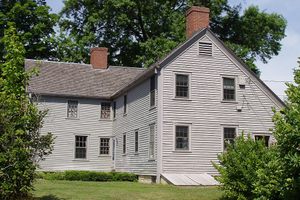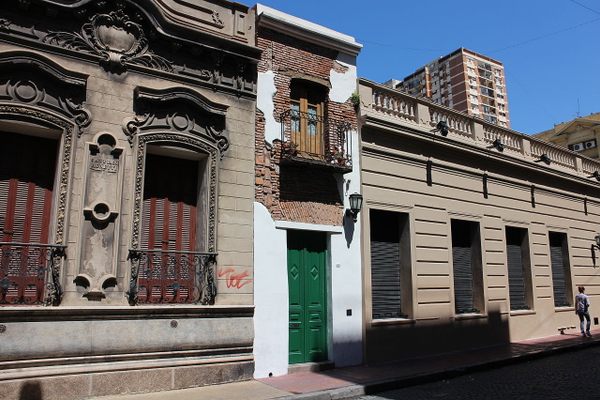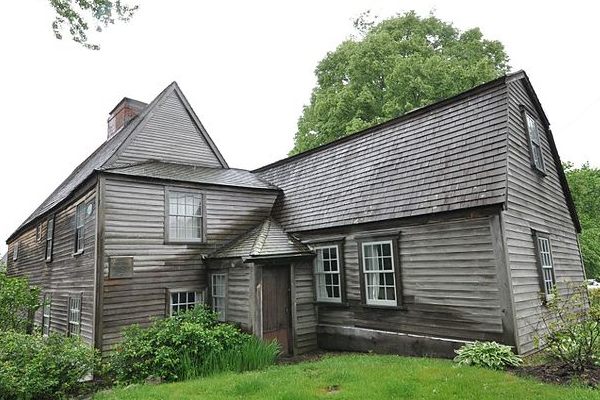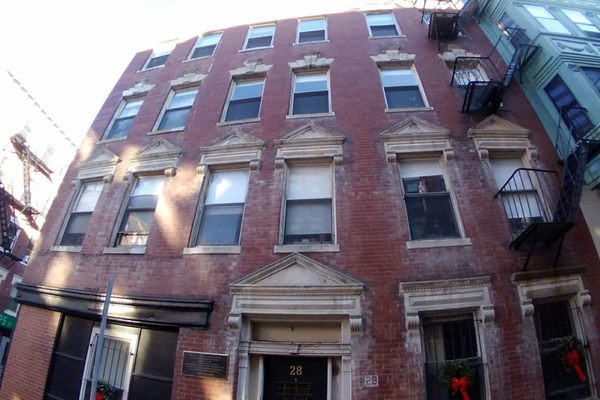About
On July 4, 1776, the 13 colonies that would form the United States of America declared their freedom from British rule. The Declaration of Independence proclaimed “Life, Liberty and the pursuit of Happiness” to be “Unalienable Rights,” though slavery would remain a common practice until its abolishment in the South almost a century later.
Among the nation’s many slave owners was Colonel John Ashley, who built the eponymous Ashley House in Sheffield, Massachusetts, in 1735. The house is an exemplary relic of early 18th century regional architecture, and serves as the oldest home in Berkshire County.
Ashley was a known supporter of the impending American Revolution. He notably helmed a pro-independence campaign by which the Sheffield Declaration, a document petitioning against British despotism, was drafted in the upstairs study of Ashley House. Following the Revolutionary War for which Ashley fought so vehemently, new rhetoric popularized certain universal rights, including equality and freedom. Yet a significant portion of Ashley's prosperity—he owned over 3,000 acres of land by the time he died in 1802—was owed to the five African-American enslaved people whom he kept at Ashley House.
Inspired by the contemporary doctrine which, ironically, Ashley helped to facilitate, an enslaved person by the name of Elizabeth “Mumbet” Freeman sued Ashley for her freedom in 1781. After a landmark trial, Freeman was indeed granted liberation. The pivotal case was a monumental catalyst for the abolition of slavery in the North by 1804.
Ashley House, which is owned and overseen by the Massachusetts-based conservation organization The Trustees, was placed on the National Historic Register in 1975. Visitors can tour the house, where a curated selection of 18th and 19th-century furnishings remain on view, and learn about the history of slavery in the region, the Revolutionary War era, and the lives and legacies of the Ashleys and their slaves, particularly Freeman.
Ashley House is an integral point of interest on the Upper Housatonic Valley African American Heritage Trail and the Berkshire 18th Century Trail, and it’s in close proximity to the Trustee-owned Bartholomew’s Cobble Reservation.
Related Tags
Know Before You Go
Ashley House is open to the public year-round, from sunrise to sunset. Visitors can book tours of the house by contacting The Trustees. A minimum of an hour is recommended for walking through the Ashley House, while nearby Bartholomew’s Cobble, which consists of five miles of moderate hiking trails, requires at least two hours to complete in full.
Published
September 6, 2019
